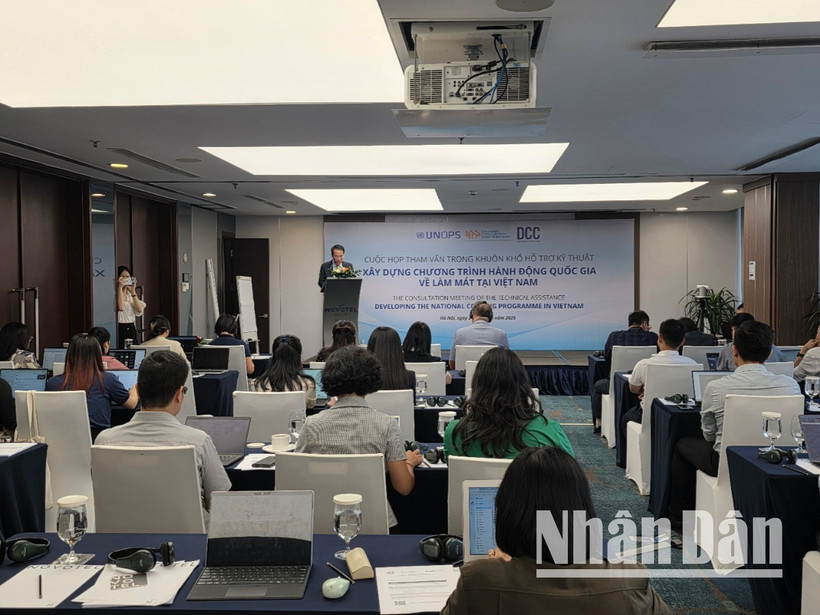
Realizing the strategic role of this field, on the afternoon of June 24, in Hanoi, the Department of Climate Change ( Ministry of Agriculture and Environment ), in coordination with the Southeast Asia Energy Transition Partnership Program (ETP, UNOPS) organized a Consultation Meeting within the framework of Technical Support "Developing a National Action Program on Cooling in Vietnam" to gradually realize the National Action Program on Cooling (NCAP).
Vietnam is currently facing increasing challenges from climate change, as average temperatures increase, extreme weather events occur more frequently, along with rapid urbanization leading to the heat island effect, causing cooling demand to skyrocket in almost all areas, from industry, healthcare , residential life to digital data infrastructure.
According to World Bank estimates, in 2020 alone, Vietnam lost more than 10 billion USD due to climate change, of which the cooling industry alone suffered a loss of about 518 million USD. Not only is the sector heavily impacted, the cooling industry is also one of the largest consumers of electricity and contributes significantly to greenhouse gas emissions.
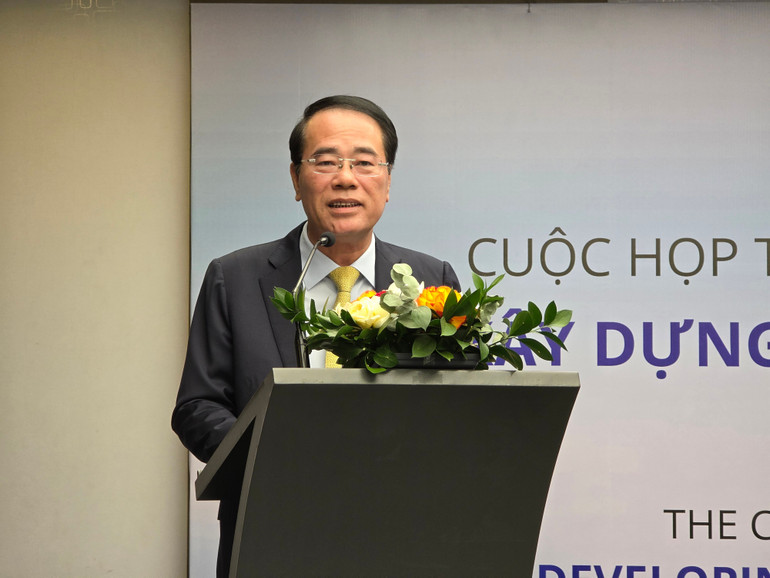
Speaking at the Consultation Meeting, Director of the Department of Climate Change Tang The Cuong said: “Cooling is not only a vital need but also the key to achieving emission reduction targets, improving energy efficiency and protecting public health. We expect the National Action Program on Cooling to become a solid policy foundation for the transition to modern and environmentally friendly cooling solutions.”
The National Action Plan on Cooling is built on the current legal framework, integrating specific targets such as phasing out refrigerants with high global warming potential (GWP), promoting high energy efficiency technologies and applying passive building design. In particular, the roadmap for controlling and eliminating HFCs and HCFCs is clearly defined, in line with the commitments in the Kigali Amendment to the Montreal Protocol, with important milestones such as: reducing HFC consumption by 10% by 2029 and moving towards reducing 80% by 2045.
At the same time, the plan also proposes to apply the “cooling as a Service” (CaaS) model, encourage investment in buildings that meet the Near Zero Energy Building (NZEB) standard, and a roadmap to mandatory application of energy labels and technical standards for all cooling equipment from 2035.
A highlight of the National Action Program on Cooling is the comprehensive approach, which goes beyond technological innovation to promote passive solutions such as urban renewal, greening, raising awareness and providing professional training for technicians, managers and businesses. The construction of infrastructure for refrigerant recovery, recycling and equipment lifecycle management is also integrated into the program with implementation phases extending to 2044.
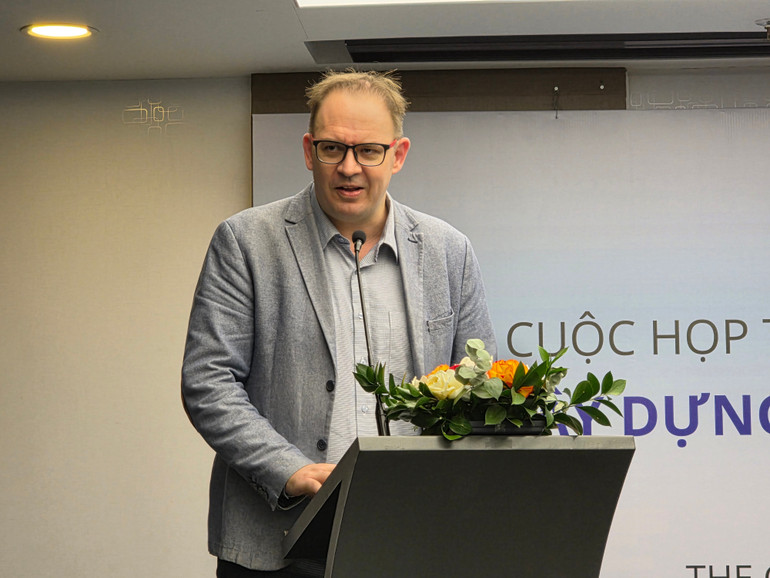
At the meeting, Mr. John Robert Cotton, Deputy Director of the Southeast Asia Energy Transition Partnership (ETP) also emphasized: “Switching to sustainable cooling solutions is an inevitable trend for countries to effectively respond to climate change. Vietnam is on the right track when choosing a comprehensive and integrated approach in many aspects - from policy, technology to finance and human resource training. ETP is committed to accompanying Vietnam to mobilize international resources, provide technical support and enhance capacity for stakeholders to ensure the National Action Program on Cooling is implemented substantially and sustainably”.
According to Ms. Nguyen Dang Thu Cuc, Deputy Head of the Department of Greenhouse Gas Emission Management and Ozone Layer Protection (Department of Climate Change), “Cooling is no longer a single technical issue but a part of the national climate strategy. The development of a National Action Program on cooling provides an opportunity for inter-sectoral and inter-regional coordination, especially attracting the active participation of businesses and the community.”
During the program development process, Vietnam also received technical support from international organizations such as UN ESCAP and UNEP Cool Coalition, through initiatives on passive cooling, cold chains, green finance development and technology transfer.
It can be said that the National Action Program on Cooling is not only a technical plan but also an important step in the way Vietnam approaches the energy-environment sector, in line with sustainable development goals and a commitment to reduce net emissions to “zero” by 2050.
Source: https://nhandan.vn/thuc-day-cac-giai-phap-lam-mat-ben-vung-huong-di-chien-luoc-trong-ung-pho-bien-doi-khi-hau-post889317.html


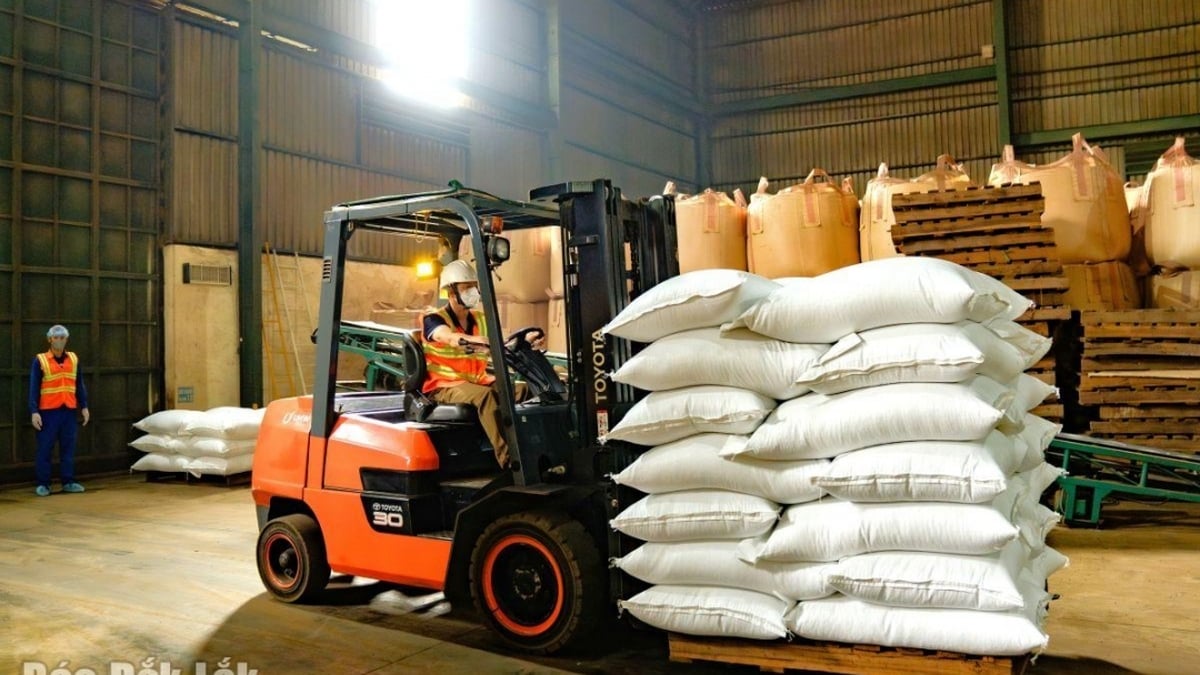
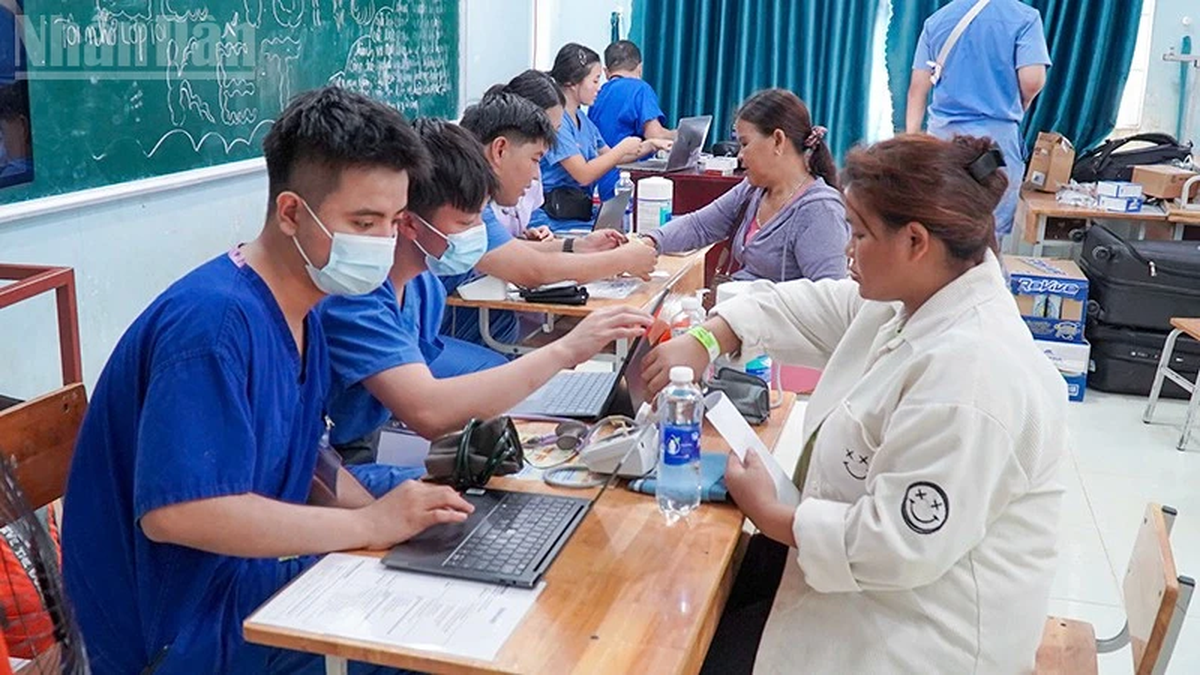

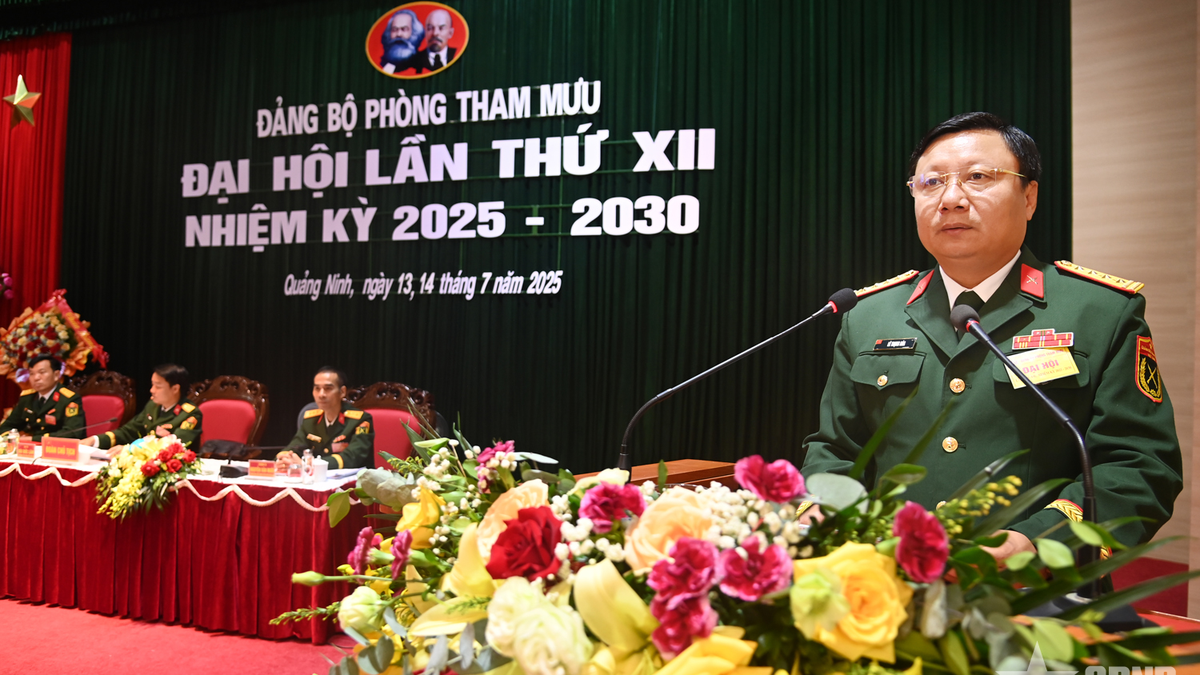
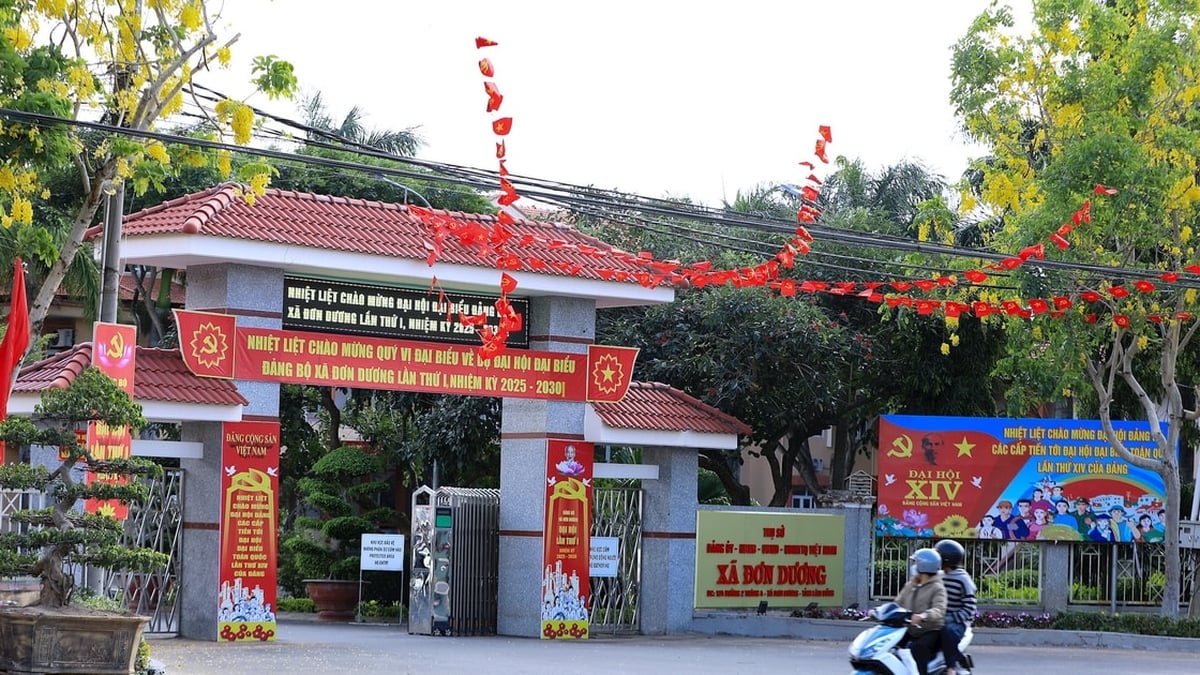


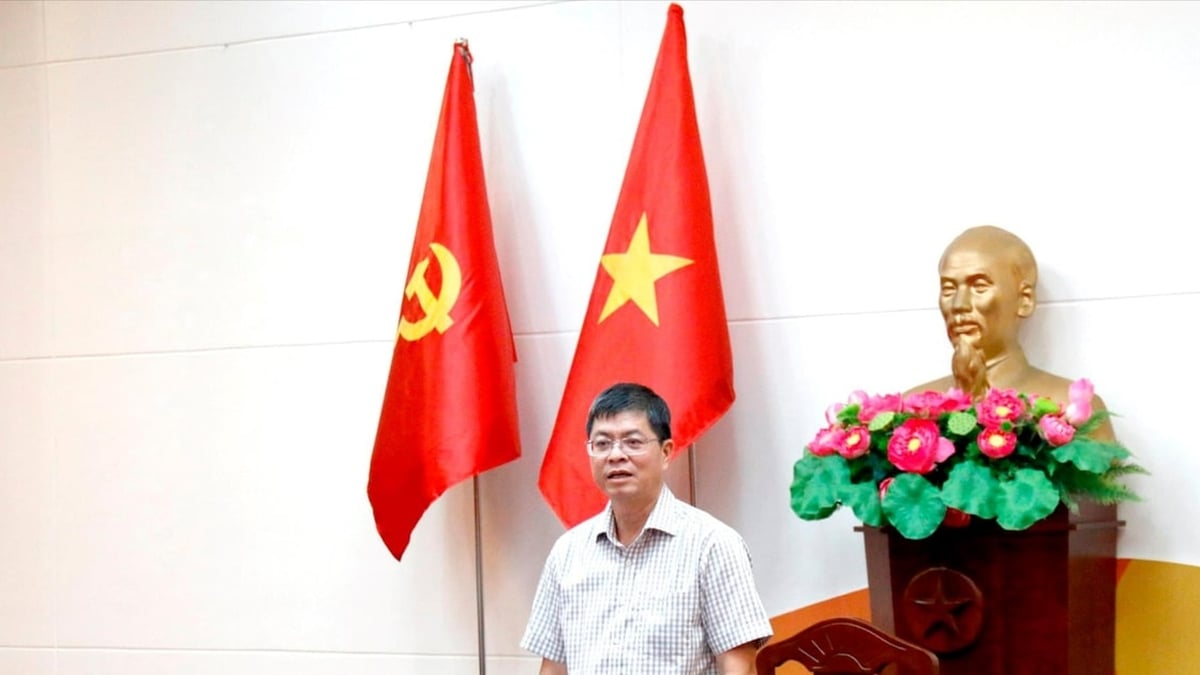
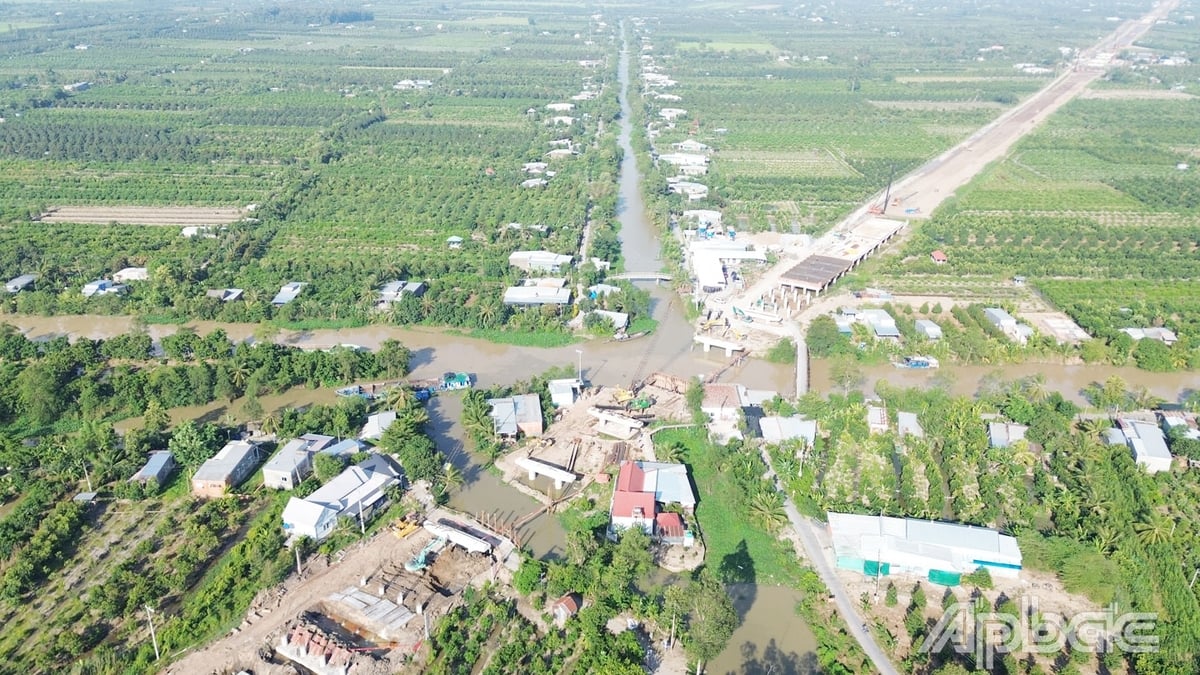








































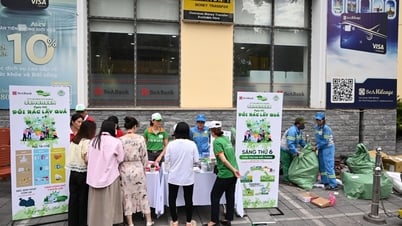

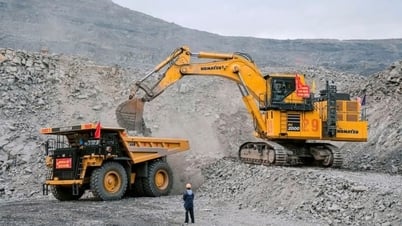
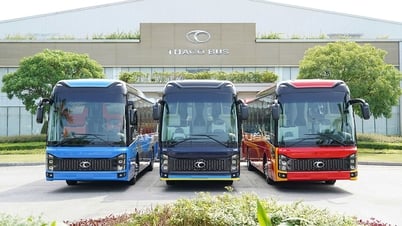


![[Maritime News] Treasury Department Targets Diverse Networks Facilitating Iran's Oil Trade](https://vphoto.vietnam.vn/thumb/402x226/vietnam/resource/IMAGE/2025/7/14/43150a0498234eeb8b127905d27f00b6)





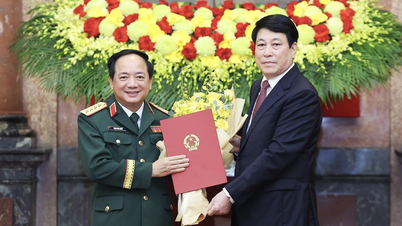



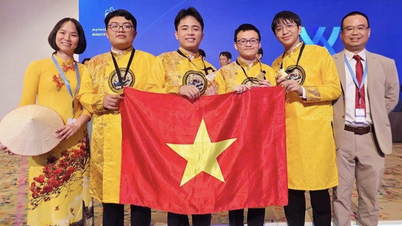

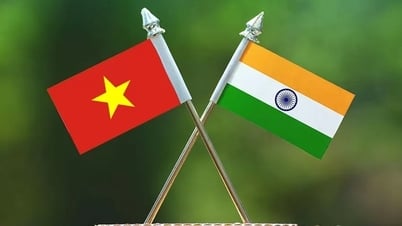

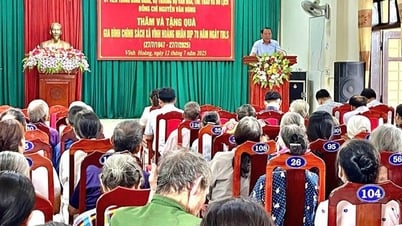



























Comment (0)